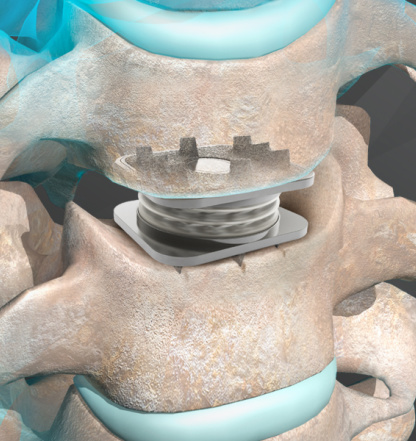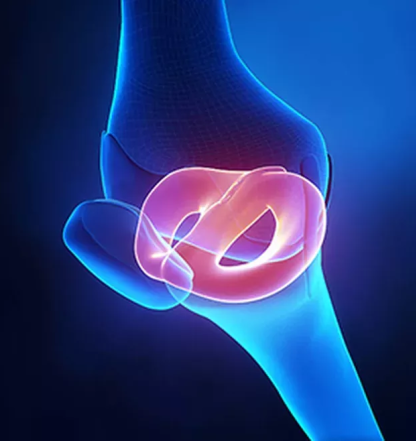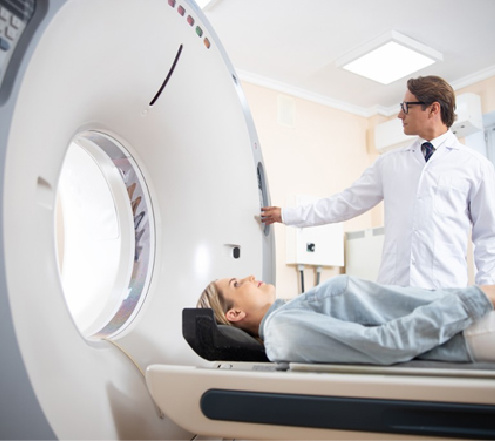Diffusion tensor imaging (DTI) is a highly advanced MRI technique that offers unique details of nerve dysfunction or damage not ordinarily visible on imaging studies. Find out why that matters and who benefits from DTI.
The Spine Center Atlanta team provides the most advanced diagnostic studies and treatments for a wide range of painful orthopedic conditions affecting your mobility and overall quality of life. Their services include a state-of-the-art MRI Center offering diffusion tensor imaging (DTI).
Read why your Spine Center Atlanta specialist may recommend DTI neuroimaging when planning future back surgery or neck surgery or assessing previous treatment for painful spinal conditions related to nerve injury.
What is diffusion tensor imaging?
DTI is an advanced, rather complex addition to conventional magnetic resonance imaging (MRI) that essentially measures how well water moves along nerves in the brain or spine. Disruptions in the water pathway indicate nerve injury or damage.
A conventional MRI offers exceptional detail of the spine, including individual vertebrae, intervertebral discs, and the small spaces between vertebrae (foramen) where nerves exit the spine. However, DTI improves the value of an MRI scan by providing exceptional 3D color-coded images of nerve fibers and their functionality.
Why would I need diffusion tensor imaging?
The spine is a complex network of vertebrae, discs, joints, and nerves that function together in a relatively small and, some might say, cramped space. Therefore, an accurate diagnosis and precision during surgery are crucial to a successful treatment outcome.
Your Spine Center Atlanta specialist may recommend DTI to accurately identify the location and extent of nerve involvement related to conditions such as:
- Herniated disc
- Degenerative disc disease
- Spinal stenosis
- Failed back surgery syndrome
- Osteoarthritis
- Structural abnormalities such as scoliosis
- Spinal tumors
- Traumatic spinal injury
- Spinal cord compression (myelopathy)
- Radiculopathy (compressed or pinched nerve)
- Sciatica
Notably, DTI is also helpful in identifying the level of damage related to traumatic brain injury, including concussion. It’s also an effective tool in diagnosing and developing treatment strategies for epilepsy, changes in the brain caused by carbon monoxide poisoning, and other neurological disorders.
How do I prepare for an MRI with DTI?
Your spine specialist discusses MRI with DTI in detail before scheduling the procedure. We offer whole-body MRI scans using the cutting-edge GE 1.5T Echospeed Plus Mobile MRI, which includes DTI technology. These services are performed at Spine Center Atlanta for your convenience.
Your specialist carefully reviews your medical history to ensure it’s safe to proceed with MRI. Individuals with an implanted pacemaker, spinal stimulator, or other metal-based medical devices are not eligible for MRI due to magnetic fields created during the study.
Otherwise, the study is noninvasive and requires little preparation. You can expect to return to routine activity immediately following the test. Your provider contacts you regarding the study results after a careful review.
Schedule an evaluation at Spine Center Atlanta today. Call the office or request an appointment online.






























